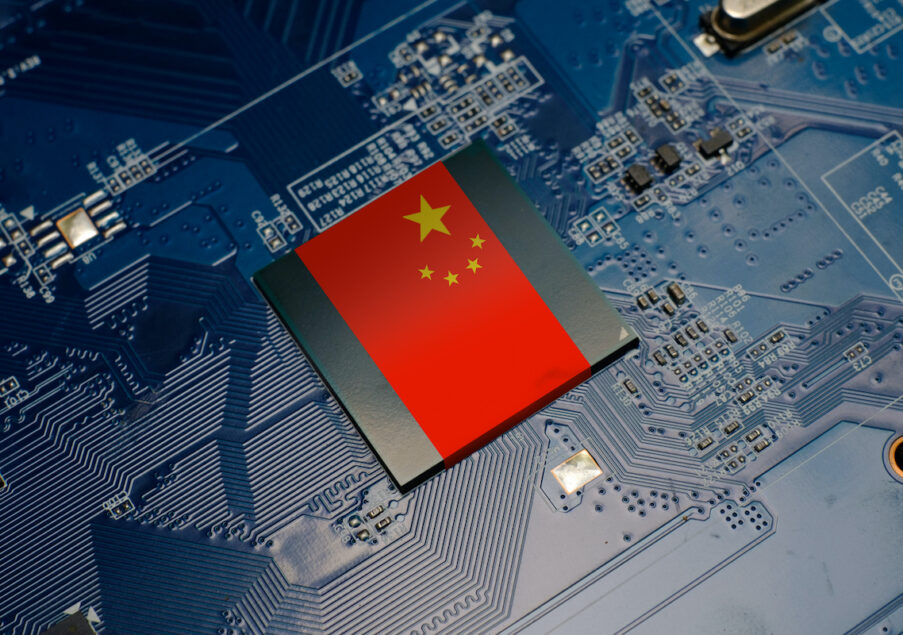
Chinese companies have been working to purge their supply chains of foreign-made parts, in a bid to ensure that China’s manufacturing can be more self-sufficient as negotiations with the U.S. over tariffs continue.
Financial Times identified more than two-dozen companies listed in Shanghai and Shenzhen that have told investors of plans to ramp up domestic sourcing for parts across a variety of industries, including semiconductors, chemicals and medical devices. That includes China’s leading industrial robotics manufacturer Estun Automaton, which told investors in its annual report released in April that it’s been reworking its supply chain to substitute domestically-sourced raw materials, citing concerns over an “unstable” global economy.
State-owned emergency equipment company China Harzone Industry Corp told investors in April that a strategy to source more parts from China has been in effect for years, but that rising tariffs from the U.S. have the company looking for more local suppliers for components that it still sources from North America. Silicon materials provider Thinkon Semiconductor also recently spoke to investors of its intention to phase out foreign suppliers, particularly for chemical reagents it currently gets from Japan, South Korea and Europe.
China’s larger ambitions to double down on domestic manufacturing date back to 2015, when it rolled out its “Made in China 2025” roadmap. The initiative set a goal to increase domestic content of core components and materials to 40% by 2020, and 70% by 2025. Since Made in China 2025 was introduced, the country has met its goal to become a global leader in electric vehicles, shipbuilding and rail equipment, but has fallen short in the aerospace and high-end robotics rectors according an April report from the European Chamber of Commerce in China.